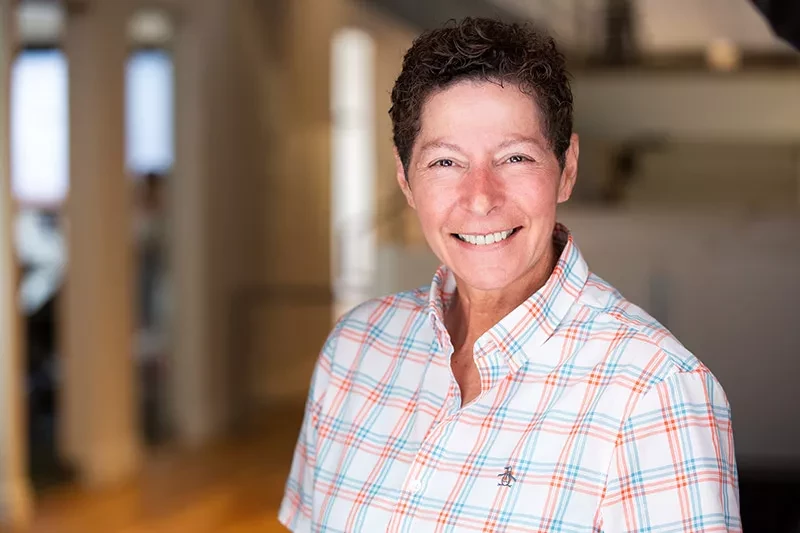The power of peer coaching

Published Nov. 13, 2017
Terri Brown answers questions about her coaching process and how she works with clients.
What motivated you to join Face It TOGETHER as a coach?
I first started volunteering in 2009 and fell in love with the concept. I started off mainly with telephone support, which was calling people and helping over the phone, which we found to be very beneficial. Just the act of reaching out and calling someone to actually ask “Hey, how are you today?” had a big impact. We’re proactive in making the first move.
What has your experience been like as a coach?
People need to know someone cares about them. Empathy is the key word – being empathetic to people and their circumstances. At Face It TOGETHER we understand where they’re at.
A lot of people don’t understand that addiction is a disease. Most of their thought process has been ingrained at an early age through some sort of life experience or trauma. The first session we give clients an idea of what we do here. We’re not a treatment provider. We focus on long-term management for lifelong wellness. It’s not just about the drink or the drug, it’s about changing the whole thought process and empowering them to be successful.
“Change your thoughts, change your world” is my motto.
What are some challenges about being a coach?
Getting people to continue with the sessions. To understand that this is a process, to not give up. A lot of people want immediate gratification. A lot of people don’t understand that your thoughts lead you to do what you do, but there are consequences. Anyone can change the way they think and develop the right skills to get better outcomes in their life.
What are the most rewarding aspects of being a coach?
For me, it’s seeing people start to get it. Learning to be comfortable in their own skin. That’s huge. When you get to the point in your life and your recovery when you can change the way you think, you become comfortable with who you are and stop trying to live for someone or something else.
How would you describe your relationships with your clients?
A confidante, a mentor, a friend. I’m just like them. The whole peer-to-peer concept, relatability – it makes clients feel comfortable that they’re talking with someone who truly understands what they’re feeling.
I don’t follow a script. You have to meet a person right where they’re at. People don’t want to hear what they need to do, because they already know that. Give them a different perception. It comes back around to changing the way you think and developing the right skills to live a healthy life.
How does technology help you in role as a coach?
We use a digital platform that allows us to manage follow up and communicate with clients in a timely way. What I like is that it captures data. The data help us learn what’s working and what’s not. We can monitor a client’s strengths and their growth as well as areas we need to focus on in our coaching. It gives the coach and the client accountability.
What elements create a successful coaching relationship?
Supportive and inviting surroundings. A setting of recovery shouldn’t have to be in a basement or a dark and hidden place. Face It TOGETHER is bright and airy, clean, with vibrant colors that make people feel yes, they’re worth something.
